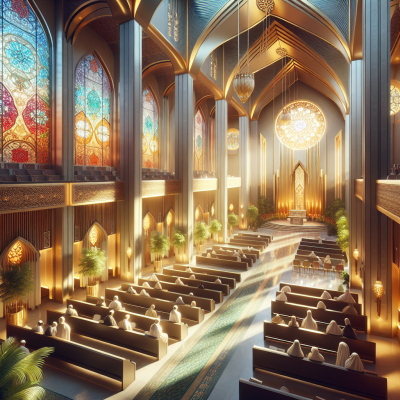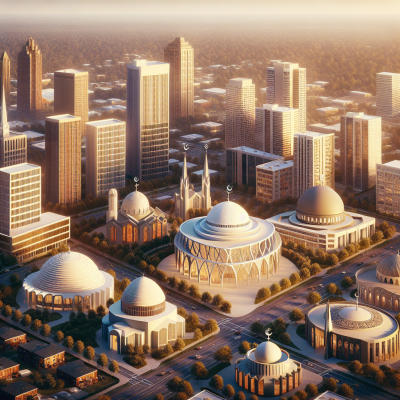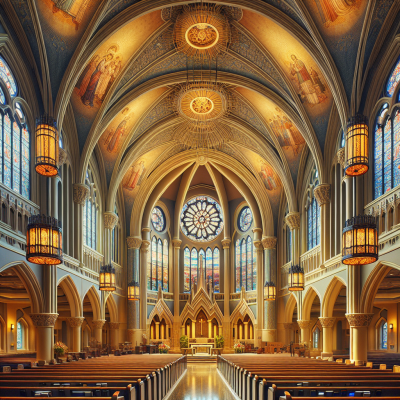
The Spiritual Diversity of Atlanta: A Comprehensive Perspective
Summary of Key Takeaways
Atlanta, renowned for its rich cultural tapestry, presents a dynamic spiritual landscape that mirrors its diverse population. This guide has explored the breadth and depth of the city's religious centers, offering insight into both historical roots and modern expressions of faith. From the iconic Ebenezer Baptist Church, a cornerstone of the Civil Rights Movement, to the majestic Cathedral of Christ the King, the Christian churches demonstrate the impact of faith on societal development. The Jewish community's legacy, illustrated by synagogues like The Temple, showcases their enduring contributions to the city's cultural and social realms.
In the realm of Islam, prominent mosques such as Al-Farooq Masjid play pivotal roles, not only in spiritual life but also in community outreach and education. The influence of Hinduism is visible through the vibrant activities and architectural marvels like the BAPS Shri Swaminarayan Mandir. Similarly, Buddhist and other Asian religious centers offer serene spaces for meditation and cultural engagement, enhancing Atlanta’s multiculturalism.
The Sikh community, through key gurudwaras and practices like Langar, emphasizes principles of service and inclusivity. The city also stands as a beacon of interfaith cooperation, with organizations fostering dialogue and mutual understanding among different religious communities.
The Role of Religion in Atlanta’s Future
Looking forward, religion is poised to continue shaping Atlanta’s future, not merely as a private pursuit of spirituality but as a potent force for societal change and unity. The city's religious centers have increasingly become spaces of innovation and community building, where issues like poverty, education, and social justice are actively addressed. They serve as venues for fostering interfaith dialogue, promoting peace, and advocating for the marginalized, inspiring a new generation to carry forward their rich heritage of diversity and inclusion.
As Atlanta grows, its spiritual communities are expected to remain pivotal in supporting social infrastructure and nurturing cultural appreciation. Expanding religious education initiatives and intercultural festivals will likely enhance public understanding and cohesion. Furthermore, the engagement of religious organizations in environmental sustainability and digital innovation suggests that Atlanta’s religious diversity will not only survive but thrive amidst contemporary challenges.
In sum, the spiritual diversity of Atlanta provides a foundation for a more vibrant, cohesive, and dynamic community, reflecting the city's ongoing commitment to inclusivity and respect for all faiths.









